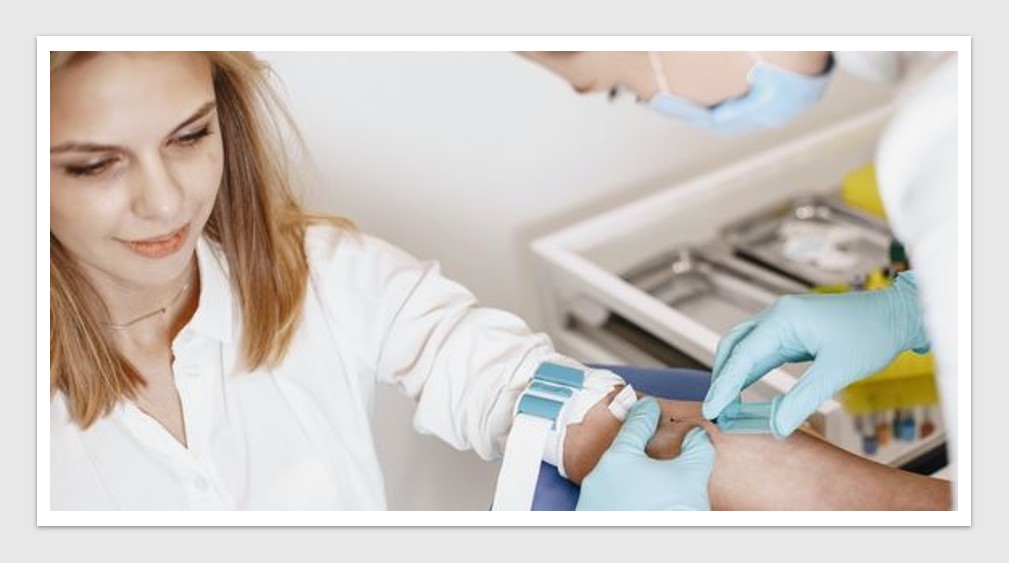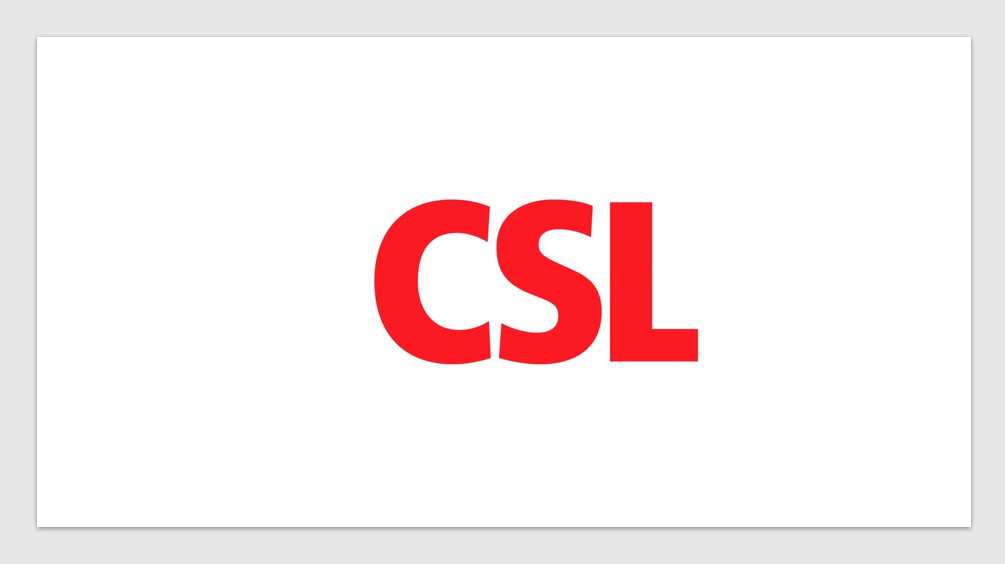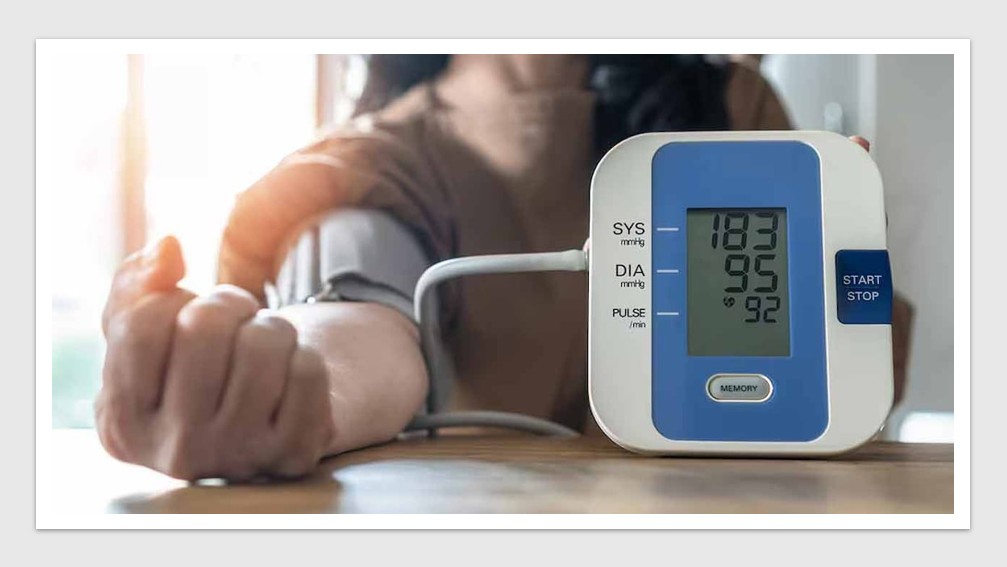News & Trends - MedTech & Diagnostics
Pathology indexation reboot leaves essential services behind

After nearly three decades of stagnation, the federal government has reinstated annual indexation for selected Medicare Benefits Schedule (MBS) pathology items, effective 1 July 2025. Notably excluded from this re-indexation are three pathology service groups: chemical pathology, microbiology, and genetics, which together constitute more than half of all Medicare claims.
Federal Health Minister Mark Butler has previously defended the decision, citing “technological advances” that continue to “drive down the cost of providing and operating many pathology services.” However, the Royal College of Pathologists of Australasia (RCPA) points to a lack of supporting data and asserts that these purported benefits have only been partially realised in practice.
The RCPA estimates reveal a significant financial impact over the 26-year period without indexation, with providers absorbing at least $5.6 billion in lost reimbursements, averaging over $217 million annually.
Complicating the sector’s pitch for funding fairness is a darker chapter. Documents obtained last year under Freedom of Information laws by the ABC indicate widespread and “systematic rorting” by some pathology companies during the peak of the COVID-19 pandemic, raising concerns about opportunistic Medicare claims.
Still, the broader reality for most pathology providers, especially outside major cities, paints a bleaker picture. According to the RCPA’s May 2025 position statement, nearly one-third of Australia’s 6,600 pathology collection centres – particularly those outside metropolitan areas – would have been operating at a loss if not for the temporary surge in demand during COVID. The College warns that without ongoing government support, the operation of pathology services in these regions will be financially unsustainable.
Emerging technologies such as artificial intelligence present promising advancements in pathology but require substantial upfront investments in quality assurance, training, and infrastructure. Despite their potential, the current fee-for-service model lacks mechanisms to support the introduction and integration of future technologies.
Pathology Technology Australia (PTA) highlights that pathology services constitute a low-expense, high-value component of healthcare, comprising less than 3% of total health expenditures while contributing to over 70% of diagnoses and 100% of contagions and cancers identified.
Pathology Technology Australia (PTA) continues its call for reform, describing pathology services as a low-expense, high-value pillar of healthcare, representing less than 3% of total health expenditure while underpinning over 70% of diagnoses and identifying 100% of cancers and infectious diseases.
The RCPA is urging the government to close the gap and reinstate indexation for Chemical Pathology, Microbiology, and Genetics. It is also advocating for the reinstatement of a dedicated Pathology Clinical Committee to provide expert, evidence-based guidance on MBS funding decisions.
![]() In reimagining healthcare across the entire patient journey, Health Industry HubTM is the only one-stop-hub uniting the diversity of the Pharma, MedTech, Diagnostics & Biotech sectors to inspire meaningful change.
In reimagining healthcare across the entire patient journey, Health Industry HubTM is the only one-stop-hub uniting the diversity of the Pharma, MedTech, Diagnostics & Biotech sectors to inspire meaningful change.
The Health Industry HubTM content is copyright protected. Access is available under individual user licenses. Please click here to subscribe and visit T&Cs here.
News & Trends - Biotechnology

CSL reshapes R&D while bracing for U.S. tariffs
Australia’s largest biotech company CSL is streamlining its R&D operations to enhance efficiency amidst a rapidly evolving global landscape. The […]
MoreNews & Trends - MedTech & Diagnostics

Australia joins Medtronic trial in fight against resistant hypertension
Medtronic has launched an international clinical trial across Australia, the United States, and Europe to evaluate the feasibility of multi-organ […]
MoreNews & Trends - MedTech & Diagnostics

Medibank launches pharmacogenetic testing while government stalls on insurance discrimination ban
Medibank has become the first Australian health insurer to pay towards pharmacogenetic testing (PGx) for eligible customers on Extras cover. […]
MoreNews & Trends - Pharmaceuticals

Global pledge shifts visibility and action for patients with advanced breast cancer
Three breast cancer organisations have united internationally to demand that people living with metastatic breast cancer (MBC) are no longer […]
More